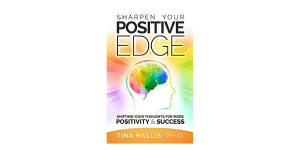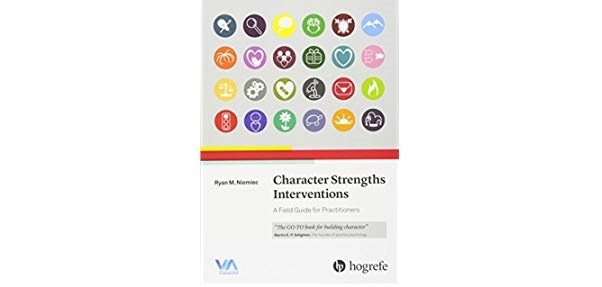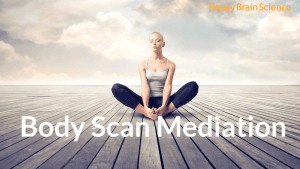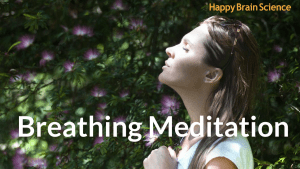Use these 3 scientifically proven strategies to increase your happiness– and therefore productivity and success– at work.
Trying to be happier at Work? Read This First.


Use these 3 scientifically proven strategies to increase your happiness– and therefore productivity and success– at work.

“Information applied to a situation causes transformation.”
This book helps you do just that: apply information and strategies to real life that help to change your brain to be happier and more productive.

A leader creates clear, compelling goals with reports, and then facilitates the team’s progress without dictating how their tasks should be done; a micro-manager plans and controls all the project details and the progress of his or her team. Here are some tips on how you can transform into a leader from being a micro-manager, and how I now lead (rather than micro-manage) at Happy Brain Science:

Character Strengths Interventions: A Field Guide for Practitioners gives readers a fantastic in-depth tour of the science of the 24 Values-In-Action (VIA) strengths. The guide contains many immediately applicable interventions that can be used with clients. I wished for a reader-friendly guide to the book that recognizes the time pressures that practitioners face. For that reason, I’m going to do my best to provide a “how to use this book” guide at the end of this review.

Very few of us work alone these days. Most of us work with other people. The question is how effectively are we working with other people? Mirror neurons help us build better relationships, and science says that relationships are an essential factor in happiness for most of us most of the time.

While it’s a well-known fact that training your brain through mind games and memorization is a great way to promote creativity and engagement, researchers have found that observing nature can also do wonders for the brain.

If you ‘flow’ to your goals, you will do better work and enjoy it more. In this article, I’ll share several ways you can “Flow to goals”.

Join Scott Crabtree of Happy Brain Science in a 3 minute guided body scan mediation.

In Scott’s last video about mindfulness, he explained what meditation is and many benefits that come from it according to science. In this video, Scott will guide you through practicing meditation.

Yes, you’ve heard about positive attitude before. So why would we include attitude in our online course and workshop called The Science of Being Happy and Productive at Work? Because you hear a lot about happiness, and some of what you hear (money, fame, good looks) actually makes very little difference in happiness for most of us. The data suggests that positive attitude really does boost well-being. Discover 4 ways you can start practicing positivity at work, and in your life.